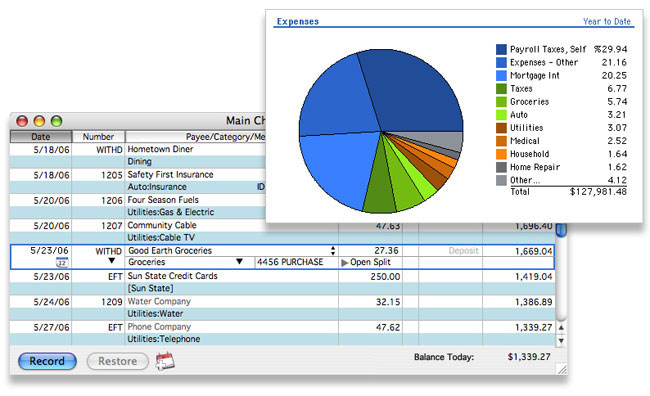


They’re intended to drum up business and make money for the sender. Mortgage advertisements are just like other ads. If you think a refinance could benefit you – whether by cashing out equity or lowering your rate and mortgage payment – you should check in with at least three well–known and reputable lenders.įind out whether you’re qualified, how much equity you truly have, and what kind of deal you can get on your new loan. But the companies that send these types of letters are typically not the lenders offering the best interest rates and loan terms,” cautions Bruce Ailion, a real estate attorney and Realtor. “These letters are designed to prompt homeowners to respond and apply for a loan. The lender sending those letters may not be the most reputable – and there’s a good chance you could find a better offer. You should never refinance based on an unsolicited offer alone. You might call the number on the letter, but also reach out to a few different mortgage companies to gauge how competitive your offers are If you’re genuinely interested in the prospect of a cash–out refinance, do your homework.

“In this case, I would urge you to file a complaint with your state’s Department of Justice.” Or, you can file a complaint with the Consumer Financial Protection Bureau “If the letter comes from a private company but was designed to mimic a government document, that’s deceptive in my legal opinion,” says fraud attorney David Fleck. While it might be concerning to get a solicitation letter like this without asking for it, it’s relatively common and likely harmless,” advises Moon “If you are not interested, just throw the letter away or, better yet, shred it. You typically have three choices you can make when you get one of these letters: What to do if you receive a report of available funds letter They are designed to get you thinking about the option,” he says. “There are many factors that go into how much a homeowner can cash out, so often the values listed on the letters incorrect. And they can be eye–opening, especially if your property’s value has appreciated and that available funds number is high.”Īctually, Moon adds, that enticing “available/accessible funds” sum may be exaggerated.

“They generally list a potential amount of money – the ‘available funds’ listed – that you could get in a cash–out refinance. “These letters are marketing pieces designed to entice a homeowner into refinancing their home,” explains Grant Moon, CEO of Home Captain. While they may look official or important, these ‘report of available funds’ letters are actually just advertisements. Such a letter most likely will not come from your current lender. Similar letters may look like they came from the IRS, a bank, or other financial institution. A couple of years ago this pretty convincing letter was going around, but it didn’t actually come from the Department of the Treasury. These letters could also look like an important notice from the federal government.


 0 kommentar(er)
0 kommentar(er)
